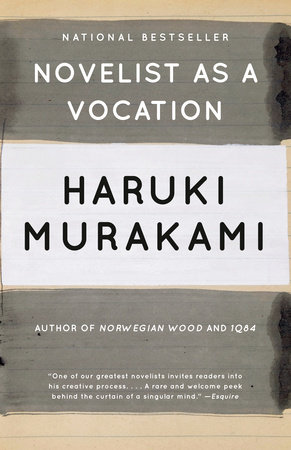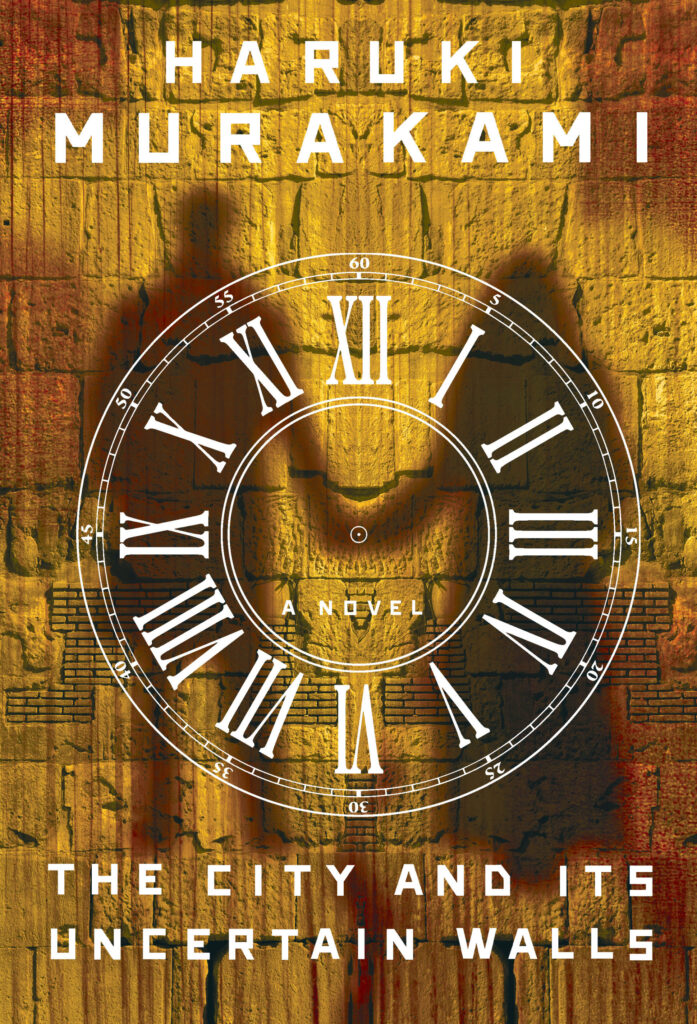I can’t remember the first novel of Haruki Murakami that I read. Many years ago, during the time when I ran marathons (2010-2013), my brother gave me a copy of Murakami’s slim non-fiction book, What I Talk About When I Talk About Running. This book, published in 2007, is one that I have read many times. Back then, I thought of Murakami as a fellow runner, even though he’s run major marathons like Boston and New York, and I will never sniff either one of those events. I knew next to nothing about his fiction career.

However, a year or so after reading his book around running, I bought one of Murakami’s novels (I don’t remember which one, maybe Norwegian Wood, maybe not). I liked it well enough that I bought another, and then another. At some point Murkami became one my favorite writers of all time, and I sought out and read all of his books. I even named a fiction detective in a one of my own attempts of writing fiction after Murakami. The Wind-Up Bird Chronicle, Kafka on the Shore, and 1Q84 remain my favorites. Including the two books mentioned below, I now own 24 of Murakami’s books. When a writer speaks to you in a language (and style) that you understand, it’s amazing how one book becomes 24.
For Christmas 2025 I was given two relatively new Murakami books. One is a collection of essays, Novelist as a Vocation. The other is his most recent novel, The City and Its Uncertain Walls. Most of his books I’ve bought in the trade paperback editions. The three exceptions are The City (2024), Killing Commendatore (2018 – which I bought in Norway a couple of years ago), and a fun version of the novella, The Strange Library (2014).

Novelist as a Vocation is a collection of eleven essays on the craft of writing, at least how Murakami sees it. In the course of reading his other books I’ve gleaned a sentence or paragraph that might find a home in one of these essays. Still, I look forward to reading about them in more detail.
The City and Its Uncertain Walls is Murakami’s latest work of fiction. Despite trying to avoid reviews and spoilers, I’ve encountered one or two while coming across his name online in mentions about this book. What I know before I read the book is this: it started a while ago as an idea, a fragment, and Murakami didn’t like where it went at the time. Then, at some moment, it made sense to him as a story. Some reviewers aren’t too keen on the book, or part of the book. I’ll reserve my own judgment until I read the book. Murakami’s style and pace isn’t for everyone, but for some reason both speak directly to my soul.

Every year Murakami is mentioned as a candidate for the Nobel Prize in literature. Every year his name is passed over. It’s quite likely that he’ll never get this award. Instead, some obscure writer’s name will appear, and so it goes each year. Meanwhile, like the maverick writer that he is, he’ll write whatever’s important to him, critics and awards be damned. Arigatou gozaimasu, Murakami-sama!